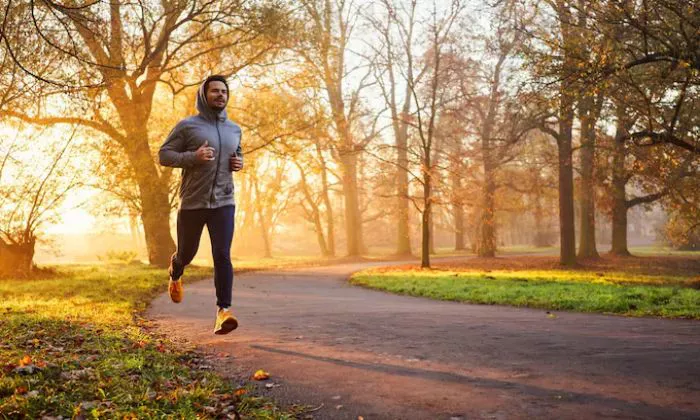Running is not just a form of exercise; it’s a lifestyle choice that offers a plethora of benefits, including improved cardiovascular health, weight management, and enhanced mental well-being. However, the timing of your runs can significantly impact the outcomes you seek, particularly when it comes to building and sculpting your physique. In this article, we delve into the differences between morning running and night running, and explore which one might be more conducive to achieving your fitness goals.
Morning Running
There’s something magical about starting your day with a brisk run. Morning runners swear by the invigorating effects of an early jog, citing increased energy levels, enhanced mental clarity, and a sense of accomplishment that sets a positive tone for the rest of the day. From a physiological standpoint, here are some key benefits of morning running:
Metabolic Boost: Running in the morning kick-starts your metabolism, helping you burn calories more efficiently throughout the day. This can be particularly advantageous if your goal is weight loss or weight management.
Consistency: By scheduling your run in the morning, you’re less likely to encounter scheduling conflicts or distractions that could derail your workout plans later in the day. It sets a consistent routine that becomes easier to stick to over time.
Vitamin D Absorption: Exercising outdoors in the morning exposes you to natural sunlight, which is a rich source of vitamin D. This essential vitamin plays a crucial role in bone health, immune function, and mood regulation.
Improved Sleep: Regular morning exercise has been shown to regulate circadian rhythms, leading to better sleep quality. This is attributed to the natural rise and fall of cortisol levels, which are typically elevated in the morning and decrease throughout the day.
Appetite Control: Engaging in physical activity early in the day can help regulate appetite hormones, potentially reducing cravings and overeating later on.
Night Running
For some individuals, the thought of hitting the pavement after a long day’s work is incredibly appealing. Night running offers a unique set of advantages that cater to those who thrive in the twilight hours. Here’s why night running might be the preferred choice for building your physique:
Stress Relief: Running in the evening provides an opportunity to decompress and alleviate stress accumulated throughout the day. The rhythmic motion of running coupled with the release of endorphins can have a calming effect on the mind and body.
Cooler Temperatures: Depending on your geographical location, evenings often offer cooler temperatures compared to the sweltering heat of midday. This can make your run more comfortable and enjoyable, allowing you to push yourself further without overheating.
Enhanced Performance: Studies have shown that muscular strength and flexibility tend to peak in the late afternoon and early evening, potentially leading to better performance during night runs. This can translate to more effective muscle building and toning over time.
Social Interaction: Evening runs provide an opportunity to connect with fellow runners or participate in group activities such as running clubs or races. The camaraderie and support from like-minded individuals can be motivating and inspiring.
Flexibility: For those with busy morning schedules, evening runs offer flexibility and the ability to fit exercise into their day when other commitments have been fulfilled.
Conclusion
Ultimately, whether morning or night running is better for building your physique depends on individual preferences, lifestyle factors, and fitness goals. Both have their unique advantages and can yield significant results when incorporated into a well-rounded exercise routine. The key is consistency and finding a time that aligns with your body’s natural rhythms and personal schedule. Whether you prefer the tranquility of dawn or the buzz of the evening, lace up your shoes, hit the pavement, and let running transform not only your physique but your overall well-being.
Related Topics:
Why I feel sore in my bones when doing yoga?


